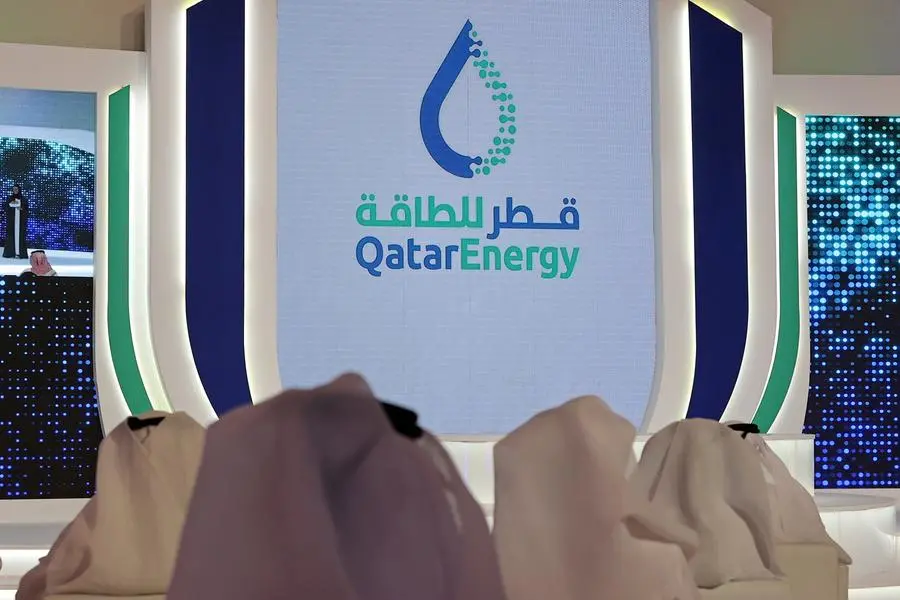PHOTO
QatarEnergy is planning to build a salt production plant in the Um Al Houl area in Qatar through a joint venture with Mesaieed Petrochemical Holding Company, Qatar Industrial Manufacturing Company and other strategic partners at an estimated cost of QR1bn.
Endorsed as part of QatarEnergy’s Tawteen localisation programme, the new plant seeks to ensure Qatar’s self-sufficiency by producing both industrial and table salts to meet local market demand as well as for regional and international export.
The plant will produce industrial salts necessary for the petrochemical industry as well as bromine, potassium chlorides, and demineralised water, which will allow for product diversification and additional economic growth and enhance the circular economy.
With a production capacity totaling 1mn tonnes per annum, the project will add new value to Qatar’s economy and industrial development by reducing reliance on imported raw materials since it imports about 850,000 tonnes of table and industrial salts annually.
“This project constitutes a milestone step in our ongoing efforts to support industrial localisation and to promote sustainable practices within Qatar’s energy sector. It embodies our commitment to innovation and economic growth, that are core tenets of Qatar’s National Vision 2030,” said HE Saad Sherida al-Kaabi, the Minister of State for Energy Affairs, the president and chief executive officer of QatarEnergy.
This innovative project, will utilise reject water recovery from reverse osmosis (RO) desalination units, hence, transforming reject water from desalination processes into a valuable resource.
"By transforming waste into a valuable resource, we are setting new benchmarks for industrial efficiency and economic resilience. This is a major step in QatarEnergy’s broader strategy of enhancing local supply chains and increasing industrial self-sufficiency,” al-Kaabi said.
As a part of the Tawteen programme, the project benefits from initiatives aimed at boosting local content and supporting the growth of local industries. This collaboration demonstrates a robust public-private partnership aimed at achieving strategic national objectives.
Tawteen has already allocated 78 investment opportunities as part of its announced target of 100 opportunities to support the localisation of services and industries in Qatar’s energy sector. As part of this effort, Tawteen has already created 7,000 white collar jobs since it was launched in 2019.
© Gulf Times Newspaper 2022 Provided by SyndiGate Media Inc. (Syndigate.info).Endorsed as part of QatarEnergy’s Tawteen localisation programme, the new plant seeks to ensure Qatar’s self-sufficiency by producing both industrial and table salts to meet local market demand as well as for regional and international export.
The plant will produce industrial salts necessary for the petrochemical industry as well as bromine, potassium chlorides, and demineralised water, which will allow for product diversification and additional economic growth and enhance the circular economy.
With a production capacity totaling 1mn tonnes per annum, the project will add new value to Qatar’s economy and industrial development by reducing reliance on imported raw materials since it imports about 850,000 tonnes of table and industrial salts annually.
“This project constitutes a milestone step in our ongoing efforts to support industrial localisation and to promote sustainable practices within Qatar’s energy sector. It embodies our commitment to innovation and economic growth, that are core tenets of Qatar’s National Vision 2030,” said HE Saad Sherida al-Kaabi, the Minister of State for Energy Affairs, the president and chief executive officer of QatarEnergy.
This innovative project, will utilise reject water recovery from reverse osmosis (RO) desalination units, hence, transforming reject water from desalination processes into a valuable resource.
"By transforming waste into a valuable resource, we are setting new benchmarks for industrial efficiency and economic resilience. This is a major step in QatarEnergy’s broader strategy of enhancing local supply chains and increasing industrial self-sufficiency,” al-Kaabi said.
As a part of the Tawteen programme, the project benefits from initiatives aimed at boosting local content and supporting the growth of local industries. This collaboration demonstrates a robust public-private partnership aimed at achieving strategic national objectives.
Tawteen has already allocated 78 investment opportunities as part of its announced target of 100 opportunities to support the localisation of services and industries in Qatar’s energy sector. As part of this effort, Tawteen has already created 7,000 white collar jobs since it was launched in 2019.





















